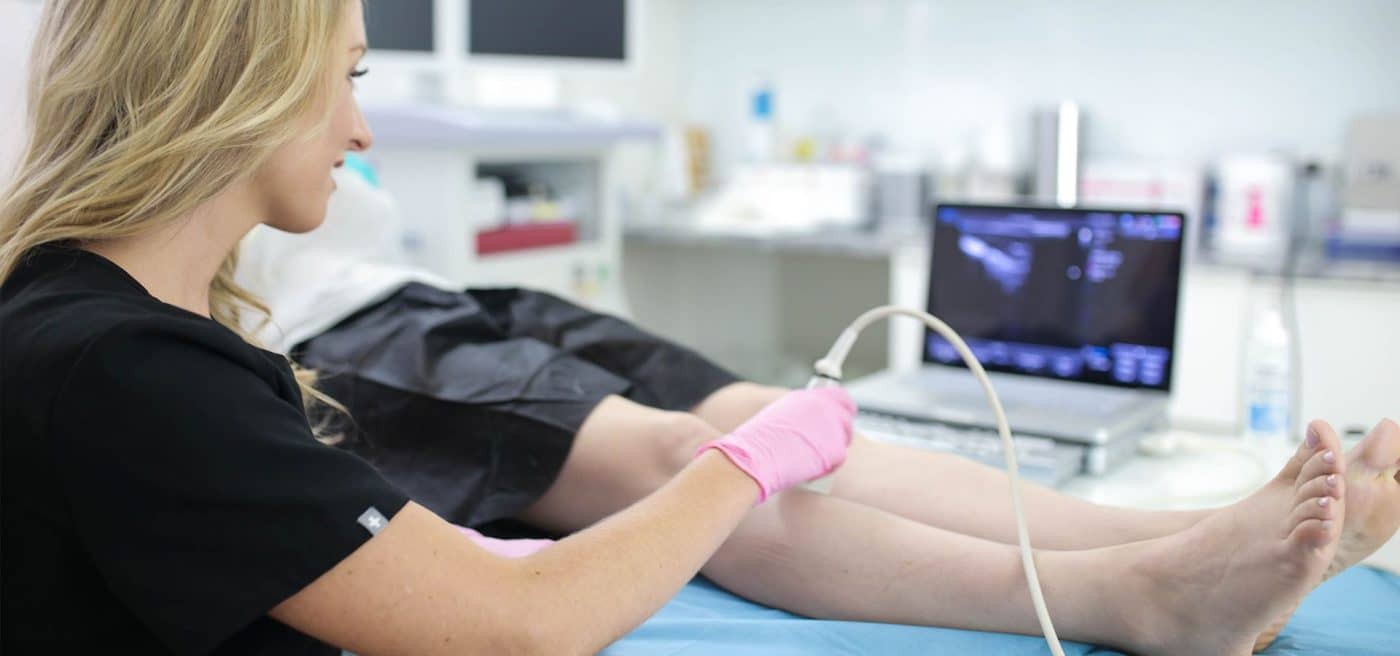Have you ever wondered, “What kind of doctor treats veins?” or “What kind of doctor is a vein specialist?” If you’ve experienced issues like varicose veins, spider veins, or other venous conditions, you may be curious about the medical professionals who specialize in addressing these concerns. In this comprehensive guide, we’ll delve into the world of vein specialists, exploring their roles, expertise, and the various conditions they treat.
Understanding The Basics: Who Treats Vein Issues?
When it comes to addressing vein-related problems, the primary medical practitioners you may encounter are vein specialists. These experts are specifically trained to diagnose, manage, and treat a wide range of venous conditions. While general practitioners and other healthcare professionals may have some knowledge of vein issues, a vein specialist possesses specialized expertise in this field.
The Role Of Vein Specialists:
Vein specialists, also known as phlebologists, play a crucial role in the diagnosis and treatment of various vein-related disorders. Their expertise extends to conditions such as varicose veins, spider veins, deep vein thrombosis (DVT), and chronic venous insufficiency (CVI). These specialists undergo specific training to accurately diagnose the underlying causes of these conditions and recommend appropriate treatment options.
Education And Training:
Vein specialists typically undergo rigorous education and training to become experts in their field. Many start with a foundation in general medicine and then pursue additional specialized training in venous disorders. This can include completing fellowships or certifications in phlebology, ensuring that they acquire the knowledge and skills necessary to address the complexities of vein-related issues.
Diagnostic Techniques:
One of the key aspects of a vein specialist’s role is accurate diagnosis. These professionals utilize advanced diagnostic techniques to identify the root causes of vein problems. This may involve non-invasive methods such as ultrasound imaging to visualize the veins and assess blood flow. By employing these tools, vein specialists can develop a comprehensive understanding of the patient’s condition and tailor a treatment plan accordingly.
Treatment Modalities:
Vein specialists employ a variety of treatment modalities to address different venous conditions. These can range from conservative approaches such as lifestyle modifications and compression therapy to more advanced interventions like sclerotherapy, endovenous laser treatment (EVLT), and ambulatory phlebectomy. The choice of treatment depends on factors such as the severity of the condition, the patient’s overall health, and their preferences.
Collaboration With Other Specialists:
In certain cases, vein specialists may collaborate with other healthcare professionals to provide comprehensive care. For example, if a patient with vein issues also has underlying cardiovascular or dermatological concerns, the vein specialist may work alongside cardiologists or dermatologists to ensure a holistic approach to treatment.
Preventive Measures:
Beyond treating existing vein conditions, vein specialists also emphasize the importance of preventive measures. This includes educating patients on lifestyle modifications, exercises, and habits that can help reduce the risk of developing venous issues. By addressing risk factors and promoting venous health, these specialists contribute to the overall well-being of their patients.
When To Consult A Vein Specialist:
If you’re experiencing symptoms such as leg pain, swelling, visible veins, or changes in skin color around the ankles, it may be time to consult a vein specialist. Additionally, individuals with a family history of venous disorders or those who spend prolonged periods sitting or standing may benefit from a proactive visit to a vein specialist.
Conclusion:
In conclusion, the answer to “What kind of doctor treats veins?” lies in the expertise of vein specialists or phlebologists. These dedicated professionals play a pivotal role in diagnosing and treating various vein-related conditions, ensuring that patients receive specialized care for their specific needs. If you’re dealing with vein issues or have concerns about your venous health, scheduling a consultation with a qualified vein specialist can be a crucial step toward understanding and addressing your condition effectively. Remember, your veins play a vital role in your overall health, and seeking the expertise of a vein specialist can make a significant difference in your quality of life.


